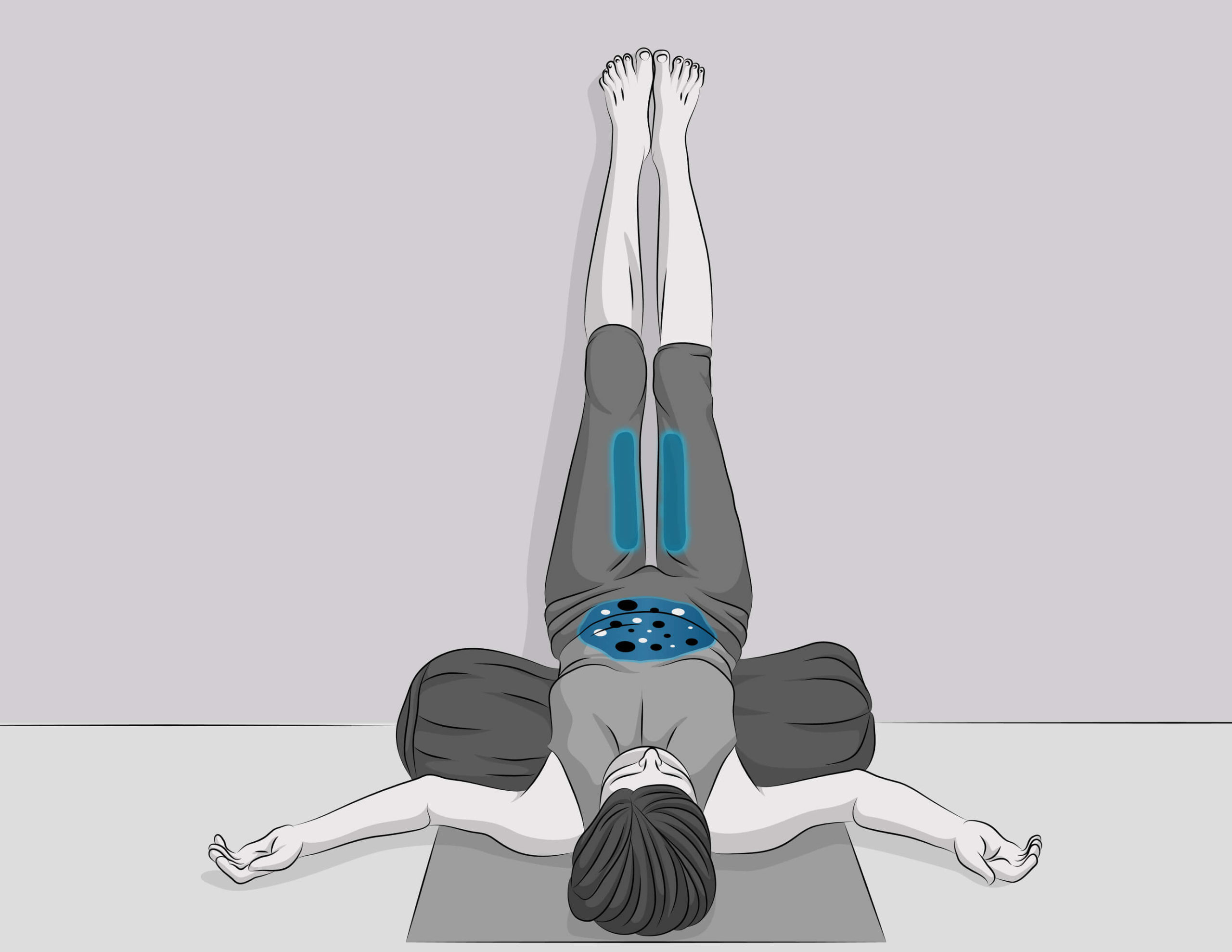Understanding Detox Diets
Detox diets are popular strategies that promise to cleanse the body of toxins and impurities. They typically involve a period of fasting, followed by a strict diet of fruits, vegetables, juices, and water. Often, they also include herbs, teas, supplements, and enemas. The popularity of detox diets has grown with the promise they offer a quick fix for weight loss, improved health, and increased energy. But to what extent do these claims stand up to scientific scrutiny?
The Claims Behind Detox Diets
Advocates of detox diets argue that our bodies are constantly under attack from pollutants, synthetic chemicals, and processed foods which can accumulate and lead to a variety of health issues. They suggest that detox diets are necessary to help the body eliminate these toxins, thereby restoring balance and optimal function. The supposed benefits of detoxing include weight loss, improved energy levels, clearer skin, and enhanced immune function.
Weight Loss
While many individuals may experience weight loss on a detox diet, it is often due to a loss of water, carbohydrate stores, and intestinal bulk, rather than fat. The calorie restriction involved in many detox plans can lead to this weight loss.
Energy and Health
Consumers may report feeling more energetic and generally healthier during and after a detox. These subjective feelings could be explained by the elimination of processed foods, alcohol, and other substances that can affect mood and energy levels.
Evaluating the Scientific Evidence
Scientifically, the concept of detoxification as it is promoted by the diet industry is largely considered to be a myth. The human body is already equipped with a complex system—including the liver, kidneys, digestive system, skin, and lungs—designed to effectively eliminate toxins. There is scant evidence that any dietary regimen can speed up or enhance these natural processes.
Lack of Peer-Reviewed Studies
Most claims about the efficacy of detox diets are not supported by robust scientific studies. The few studies that do exist often have methodological flaws or are based on animal models rather than human subjects. Furthermore, research tends to focus on specific components like fiber or antioxidants rather than an entire detox diet.
Risks of Detox Diets
Detox diets can lead to health risks like nutrient deficiencies, muscle breakdown, and an imbalance in electrolytes, especially when followed for extended periods. They can also have adverse psychological effects, contributing to an unhealthy relationship with food.
Myth vs. Reality
While the idea of detoxification is appealing from a psychological standpoint, offering a sense of control and a fresh start, the reality is that detox diets are not necessary for the body to cleanse itself. While limiting processed foods and focusing on a diet rich in whole foods can undoubtedly improve health, the extreme restrictions of detox diets can do more harm than good. Therefore, in terms of scientific backing and sustainable health benefits, detox diets lean more towards myth than reality.
Conclusion
The consensus among health professionals is that a balanced diet, regular exercise, adequate hydration, and proper sleep are the best ways to maintain your body’s natural detoxification systems. While detox diets may not offer the miraculous benefits they claim, incorporating some of their healthier aspects such as increased fruit and vegetable intake can be part of a sensible approach to a balanced lifestyle.




